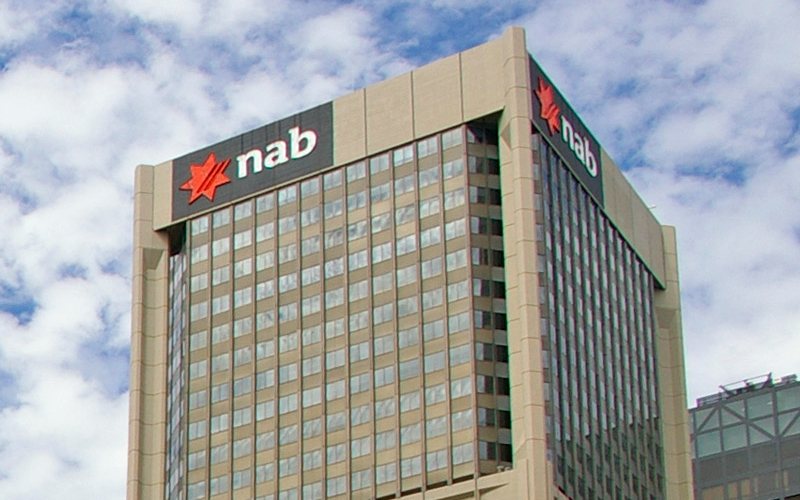NAB is increasing the purchase rate for its Low Fee Card to 20.99% p.a. from Friday, a jump of 125 basis points on the old rate.
NAB will also increase monthly card fees for its subscription model StraightUp credit card from $15 to $20 a month for credit limits $1,001-$2,000 and $30 a month for credit limit between $2,001-$3,000, up from $20.
The fee of $10 a month for $1,000 credit limit will remain unchanged.
NAB’s StraightUp credit card was launched in 2021 and marketed as “Australia’s first no interest credit card”.
The monthly credit fee isn’t payable when there’s no amount owing, and the card hasn’t been used during the statement period.
More credit card changes
In other changes to NAB’s credit card products, the bank’s Low Fee Platinum credit card will no longer be available.
The product was billed as offering “platinum services and complimentary insurances” with a “low” annual credit card fee of $90 and had a variable purchase rate of 19.74% p.a.
At the premium end of its credit card range, NAB is also upping the annual card fee on its NAB Qantas Rewards Premium Card to $295 from $250.
The annual fee on its NAB Qantas Rewards Signature Card will increase to $420 from $395.
First-year discounts to the annual fee may apply.
Bid to keep credit cards paying
Credit cards are in steep decline in Australia, spurring banks and other providers to jack up fees and tweak purchase interest rates in a bid to keep the business model on life support.
The latest Reserve Bank data shows there were around 12.6 million personal credit and charge card accounts in Australia in June 2024, down almost two million in the past five years.
Credit card debts have also plunged, even despite the steady uptick in spending, suggesting Aussies are getting savvier when managing their debts.
In the last 10 years, credit card balances accruing interest have fallen from $31.8 billion to $17.5 billion – a drop of 45%.
The plunge has effectively saved Australians billions of dollars in interest payments – and cost credit card providers the same amount.
Data shows the average balance accruing interest on each credit card in Australia dropped from around $2,300 to $1,500 over the past decade or so.
At the same time credit card use has dwindled, annual fees have jumped by a quarter to average around $135 as banks and other credit providers try to squeeze some cash from their business model.
Credit card fees and charges vary widely depending on the perks and frills associated with individual products.
See also: Credit Cards Compared
Banks fight back
Australian banks and credit providers have tried to fight back, offering so-called ‘no interest credit card’ products targeting young people.
These follow a subscription model of credit card, such as NAB’s StraightUp product, where users are not charged a monthly fee if they pay the amount owing on time or don’t use their card in a particular billing period.
Westpac offers its Flex product while CommBank launched its Neo credit card in 2020.
Many other credit card providers outside of the major banks also offer similar subscription credit models.
Other credit products, such as Latitude 28° Global Platinum Mastercard, have been a little more overt with their cash clawback tactics.
The Mastercard product is levying a card fee of $8 a month from next Tuesday (17 September) and upping its interest rate on purchases to 27.99% p.a.
It’s tried to soften the hit with a $10 e-gift card offer in statement periods where users spend $1,000 or more on eligible transactions.
The card still comes with no international transaction or currency conversion fees, but the move has rankled customers online.
New legislation covering BNPL products
Under proposed federal government legislation, BNPL providers may soon have to meet the standards imposed on other credit products such as conducting consumer credit checks.
BNPL companies will be brought under Australia’s existing Credit Act and be required to hold a credit licence.
Assistant Treasurer and Minister for Financial Services Stephen Jones said the government wants Australians to continue enjoying the benefits of BNPL while knowing there are consumer protections in place.
The legislation was introduced into Parliament in June but has yet to be passed into law.
Photo supplied by NAB



 Harrison Astbury
Harrison Astbury
 Denise Raward
Denise Raward
 Harry O'Sullivan
Harry O'Sullivan

 William Jolly
William Jolly